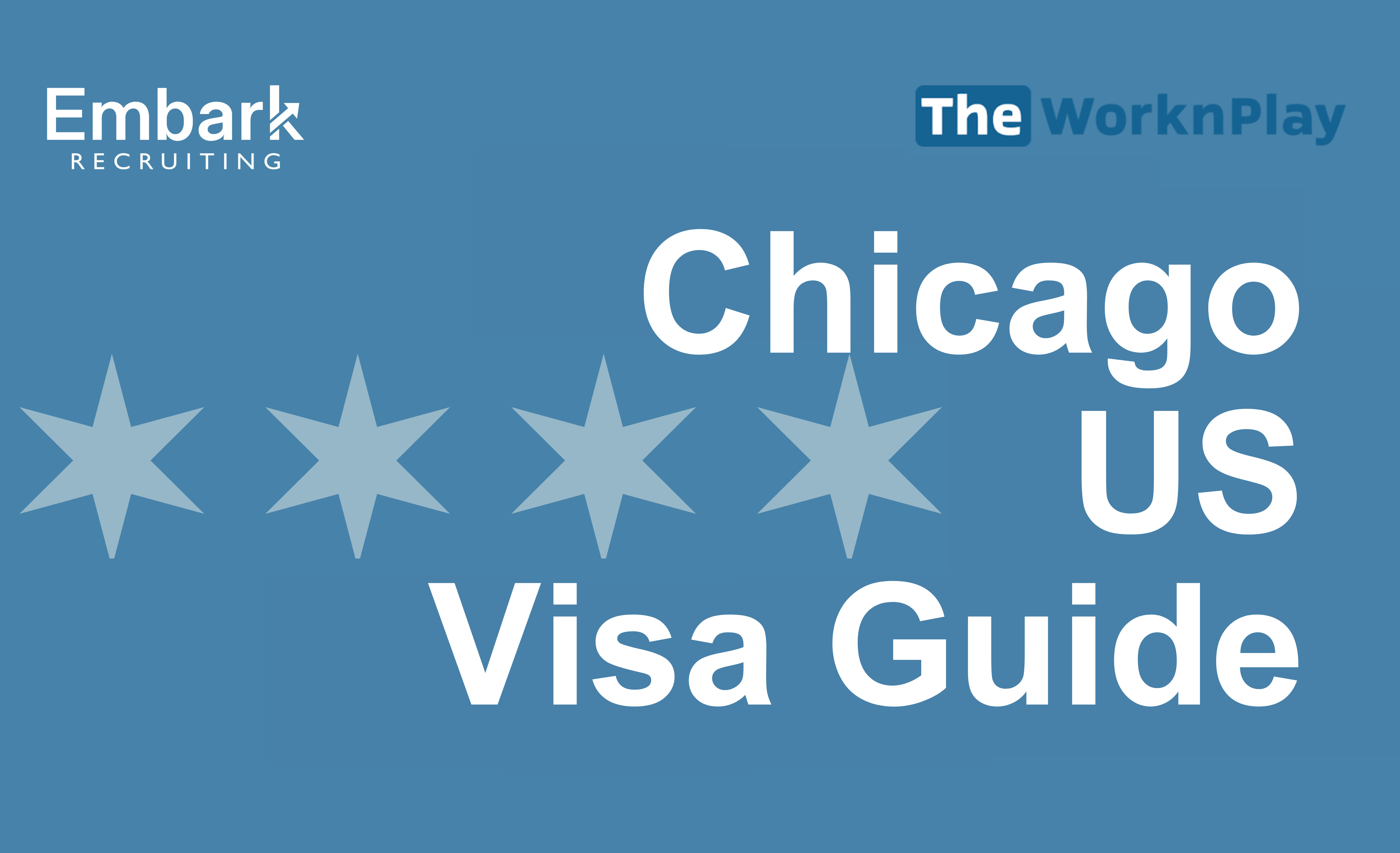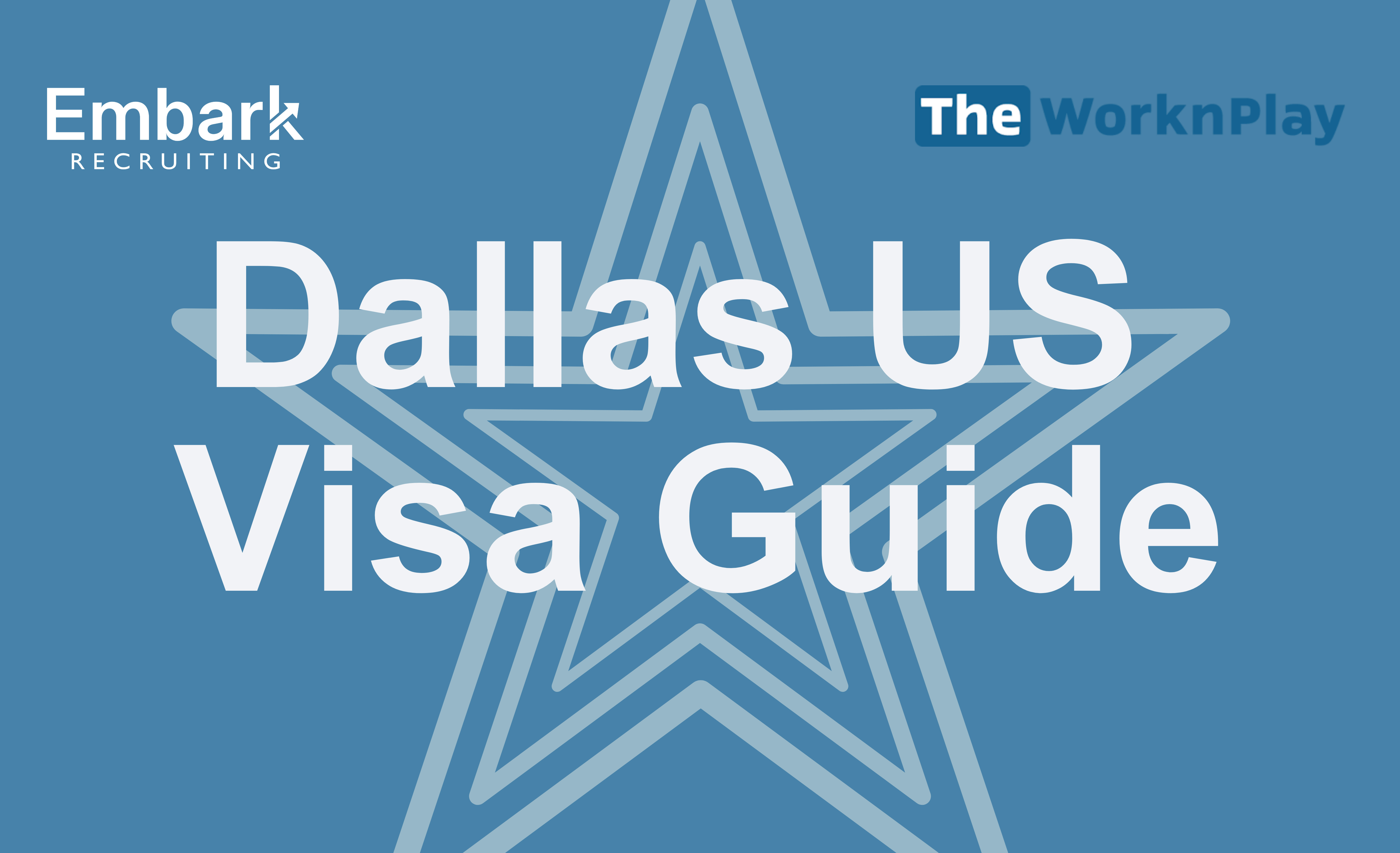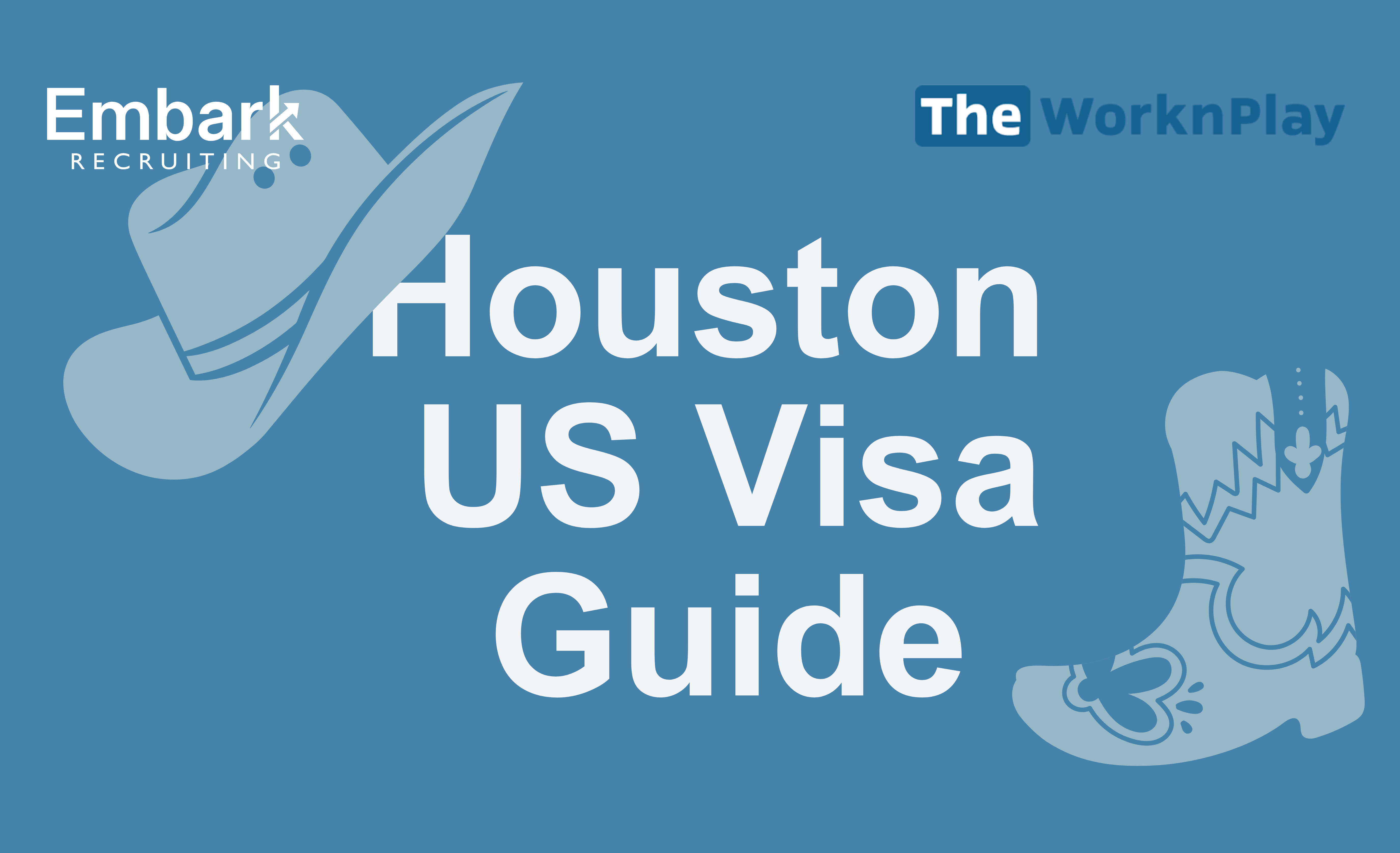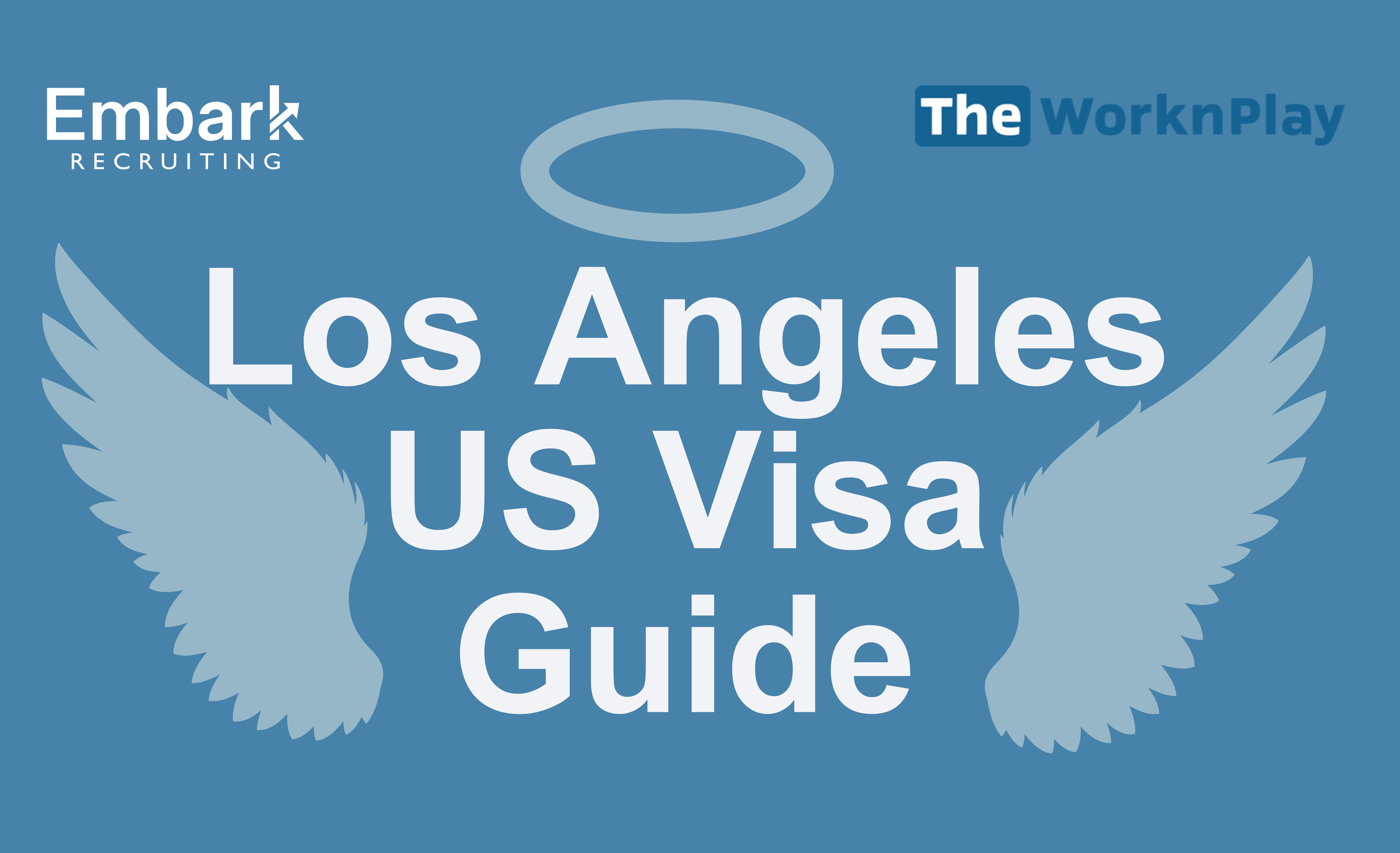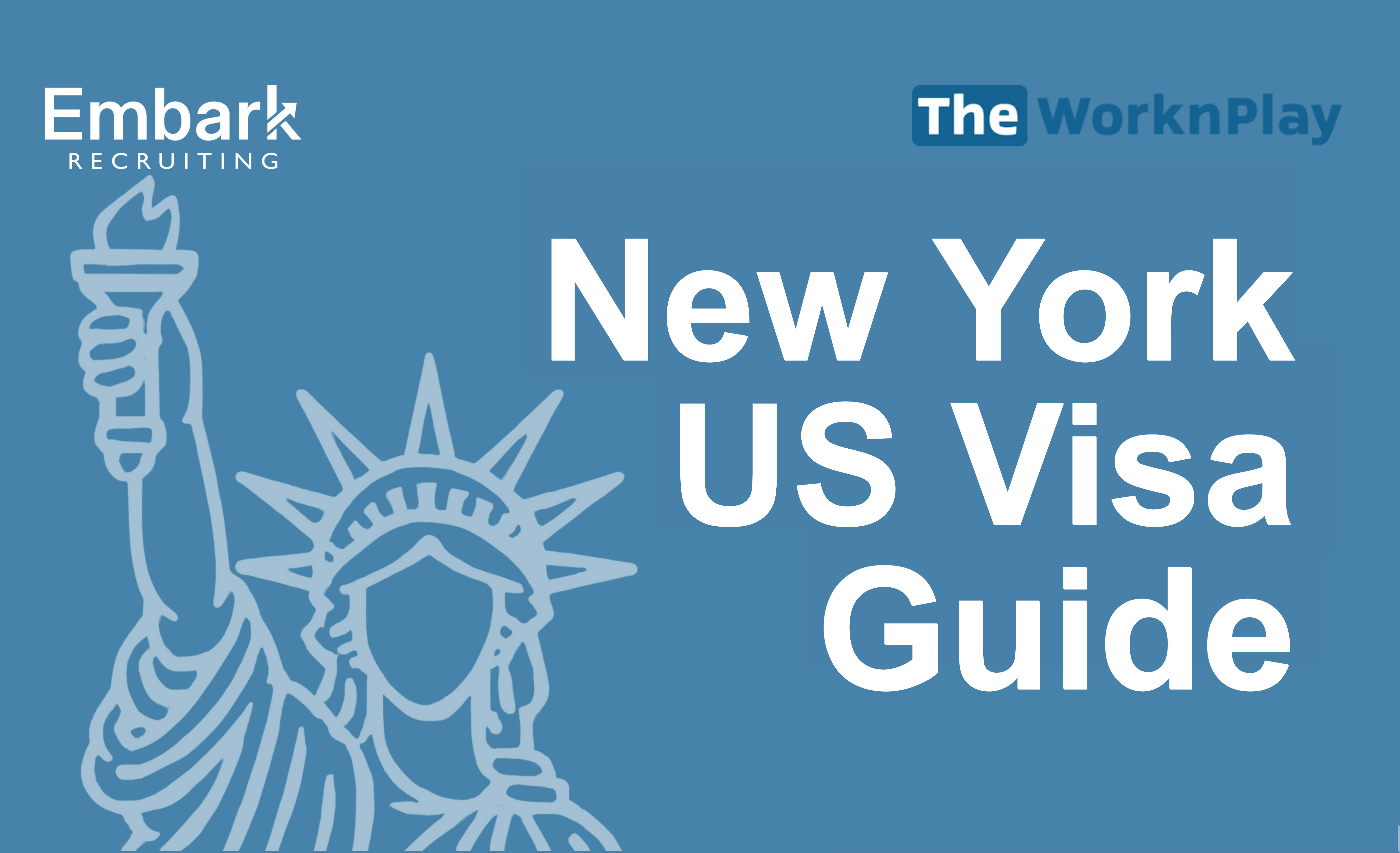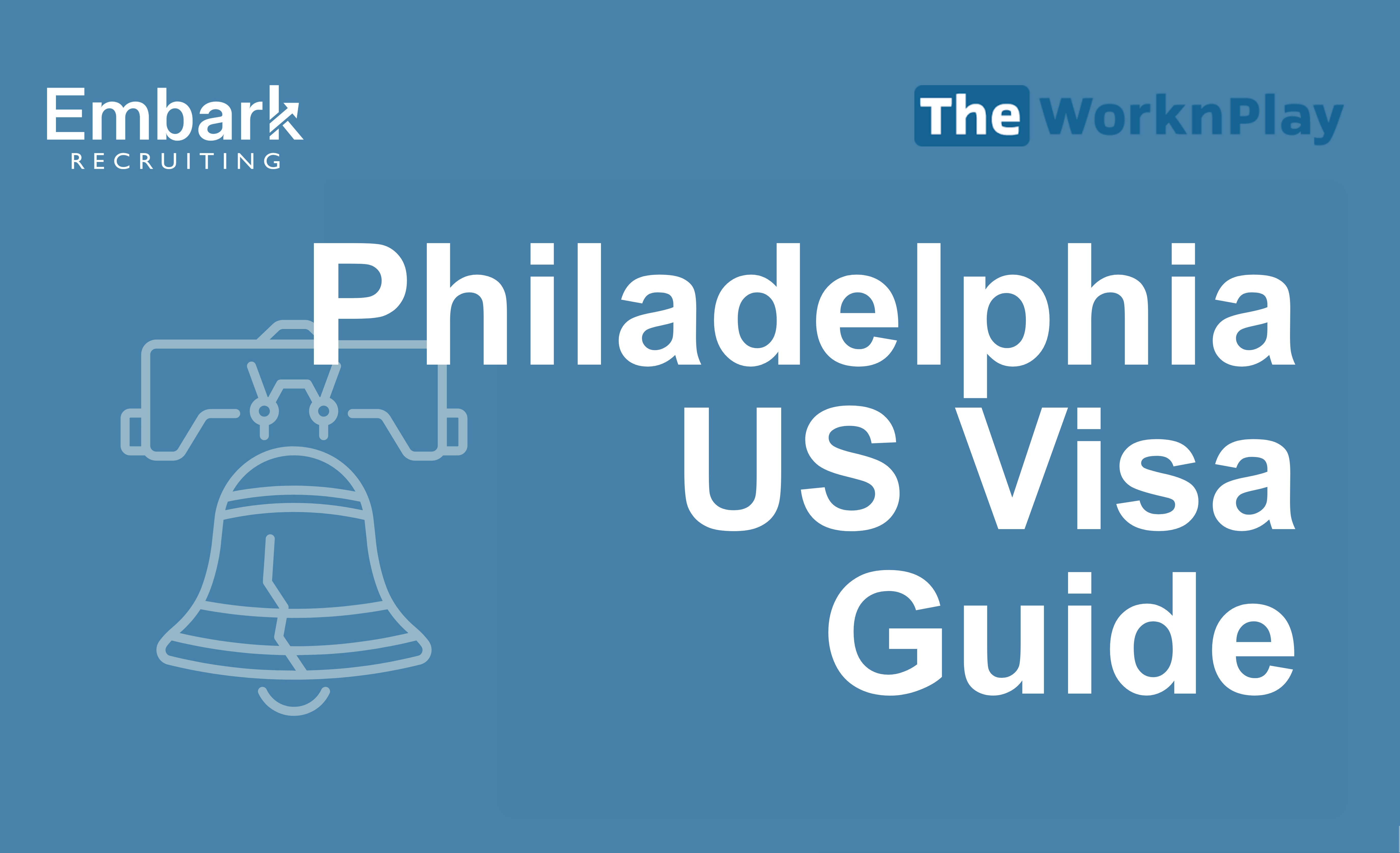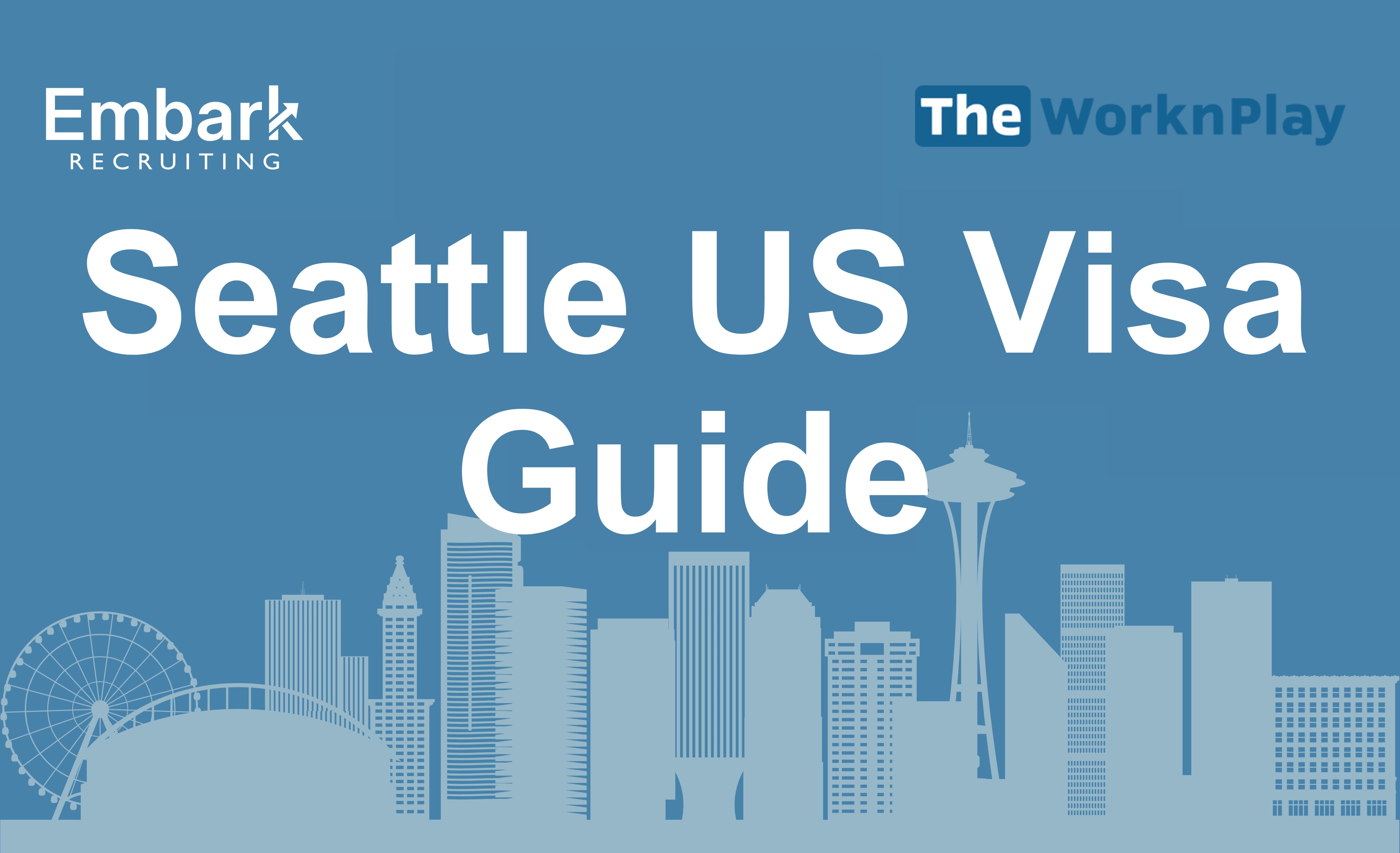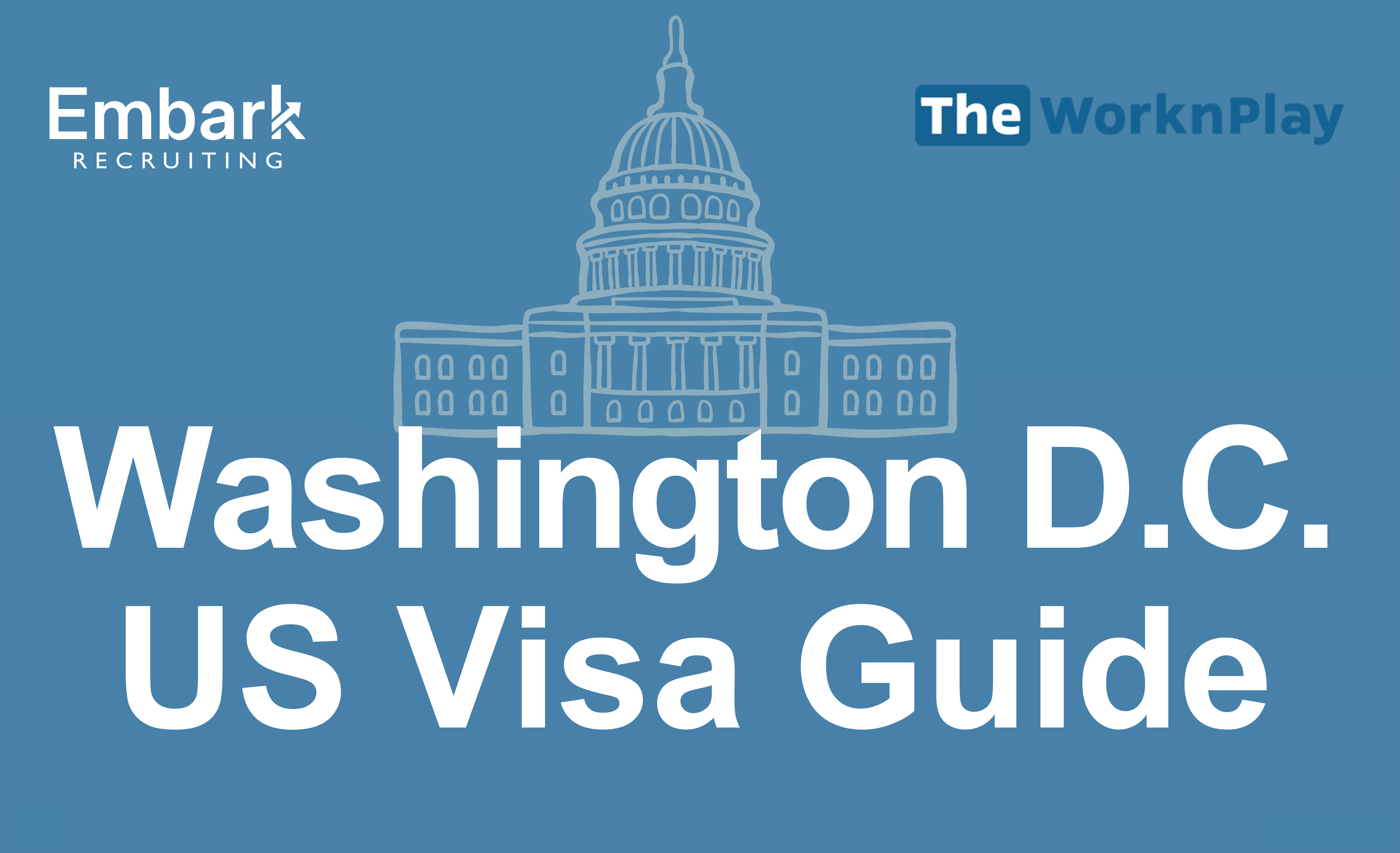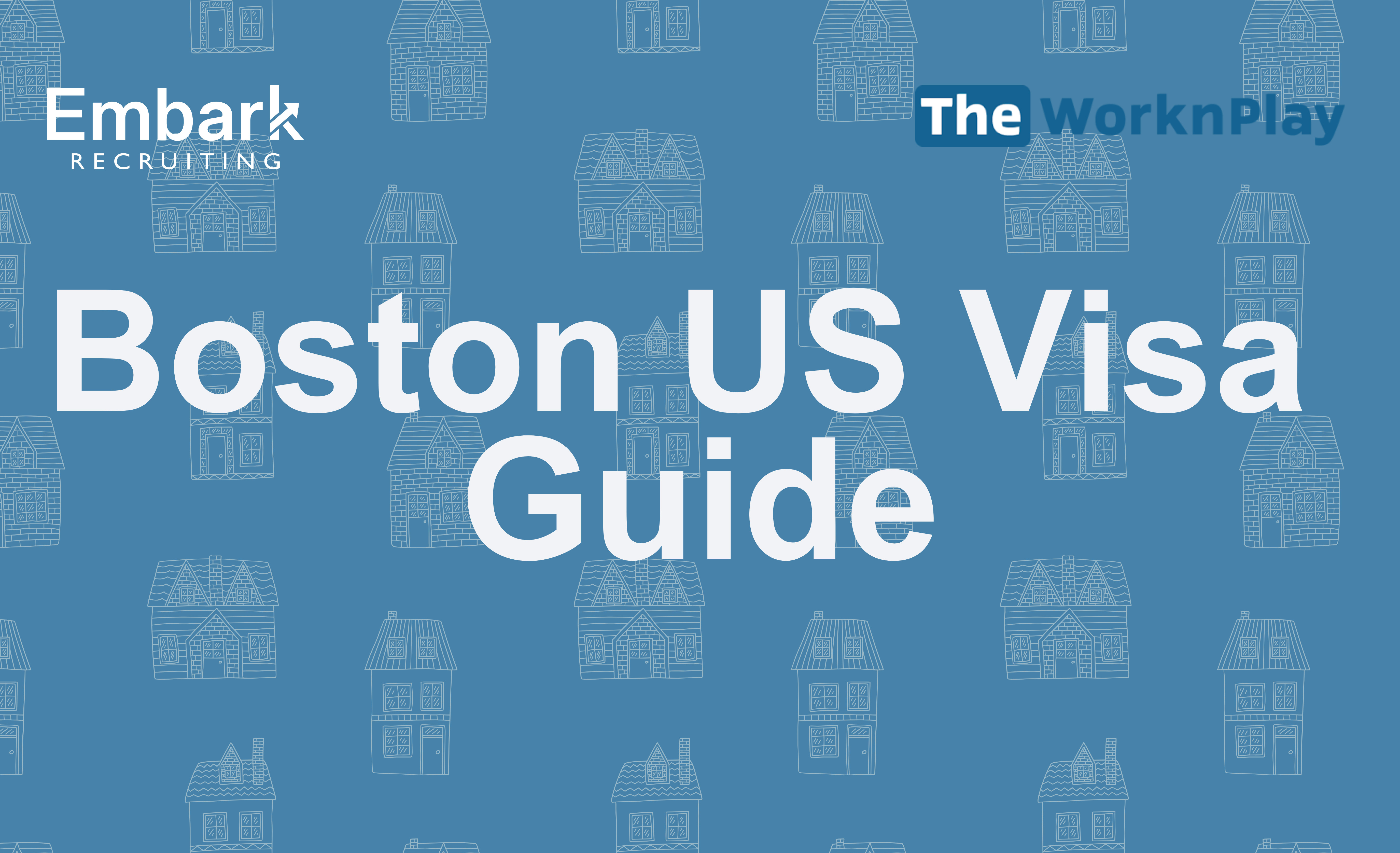
Resources and Forms (12/45)
Boston US Visa Guide: Korean Consulate E-2 Application Process
E-2-1 Visa Application at the Consulate of the Republic of Korea in Boston If you are planning to work or teach in Korea under the E-2-1 visa, the first step is obtaining your Confirmation of Visa Issuance Number (CVI No.) or VIN Number. Once you have this, you are ready to submit your visa application through the Korean consulate. Note: We strive to provide accurate and up-to-date information. However, we strongly recommend directly contacting the consulate for the most current guidance, assistance, and any updates or changes. If you live in the following state(s), you will use the Korean Consulate in Boston to complete your visa process: New Hampshire, Rhode Island, Maine, Massachusetts, Vermont How to Submit Your Visa Application Visit the consulate within its operating hours along with your documents. Walk-ins ONLY Working Hours: Monday–Friday, 09:00 A.M. - 4:30 P.M. (All paperwork must be received before 4:30 P.M.) Required Documents Below is a complete list of documents you will need when submitting your E-2-1 visa application. 1) Visa Application Form (printed and completed/For Visa Issuance Number/VIN Holder) ※ Please do not forget to put your signature on the bottom part of the first page of the visa application form. Please include your Confirmation of Visa Issuance Number (CVI No.), ※ Please write down your phone number and address to be used in Korea at the top of your application. This can be your school’s information. 1.1 Full name in English: Your name must be the same on your passport. 1.7 National Identity No. 2.5 Emergency Contact Information: a person in New Zealand 3.1 Visa Issuance Number (Confirmation No.) 3.6 Status of Stay: Visa type (e.g., E-2-1) 2) Original Passport Valid for at least 6 more months after your travel date (preferably minim. 13 months) 3) Copy of Passport Data page and Signature page 4) 1 Passport-type Color Photo Size: 2 X 2 inch Taken within 6 months DO NOT accept pictures printed on regular paper 5) Copy of a valid Driver’s License or most recent Utility Bill/Bank Statement (as proof of residency) 6) Visa Fee: 45 USD Credit Card ONLY For Korean Americans/Descendants Even if born abroad, the nationality of the parents/grandparents may affect the nationality of the child. Please verify this information prior to submitting a visa application, and you may need to prove that you do not hold Korean nationality at the time of application. Korean Consulate Contact Information Mailing Address: Korean Consulate General in Boston 300 Washington Street (One Gateway Center), Suite 800, Newton, MA 02458 Phone Number: +1 617-641-2830 Email: kcgboston@mofa.go.kr Working Hours: Monday–Friday, 09:00 A.M. - 4:30 P.M. (All paperwork must be received before 4:30 P.M.) Processing Time The visa processing time is 7 days. All submitted documents with the visa application will not be returned to the applicant except the passport. The E-2-1 is a single-entry visa and is valid for 90 days from the date of issue. After 7 days, please check your application status online. If it has been approved, please print your Visa Grant Notice by visiting the Korea Visa Portal. Related Article: How to Navigate the Korea Visa Portal Site Last Updated: 12/1/2025
